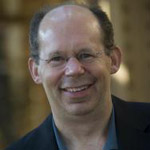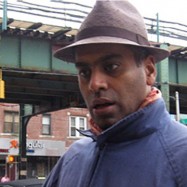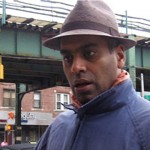Notebooks could be filled contrasting Chicago’s approach to governing with New York’s. The discrepancies in public safety should be looked at within the context of other government goods and services, like public housing. (The Big Apple remains functional and operational while the Windy City dismantles its decrepit “projects.”)
The places where Chicago’s homicides concentrate — 22 out of the 73 community areas— are highly segregated. They have high levels of poverty, are racially and ethnically homogenous, have little street traffic and rarely host outsiders. Contrast that with New York, where nearly every community has an ethnic and social class mix, and streets are vibrant spaces with mixed residential and commercial use. This means there are “eyes on the street“— urbanist Jane Jacobs’ term for the self-policing that citizens unconsciously carry out in lively, well-trafficked public spaces.
Homicides are crimes perpetrated mostly by people who know one another and who have a simmering conflict. In both cities, one will find informal means of settling disputes — a friend or bar owner intervenes, a gang breaks up a conflict in their territory. But “eyes on the street” means there are more people serving as a witness, which serves as a deterrent to anyone contemplating a serious crime. For the most part, homicides are not impulsive.
On a surface level, the two cities approach policing in similar terms: both are data driven and community based. Police use real-time monitoring to quickly reallocate resources around their respective cities as needed. Block clubs in Chicago and community-based organizations in New York both work formally with law enforcement officials to communicate concerns. And, at the district level, cops in both cities successfully use informal, beat-style policing to build trust and legitimacy. But the results are drastically different.
“Eyes on the street” is not the only way to keep crime down, but it does help. And counter-intuitively, when people police themselves, they end up feeling like the government is doing a great job.
Sudhir Venkatesh is a sociologist, author and filmmaker whose work focuses on poverty and gang life. His books include Gang Leader for a Day, Off the Books: The Underground Economy of the Urban Poor and American Project: The Rise and Fall of a Modern Ghetto. His film Dislocation aired on PBS in 2005. He teaches at Columbia University.








